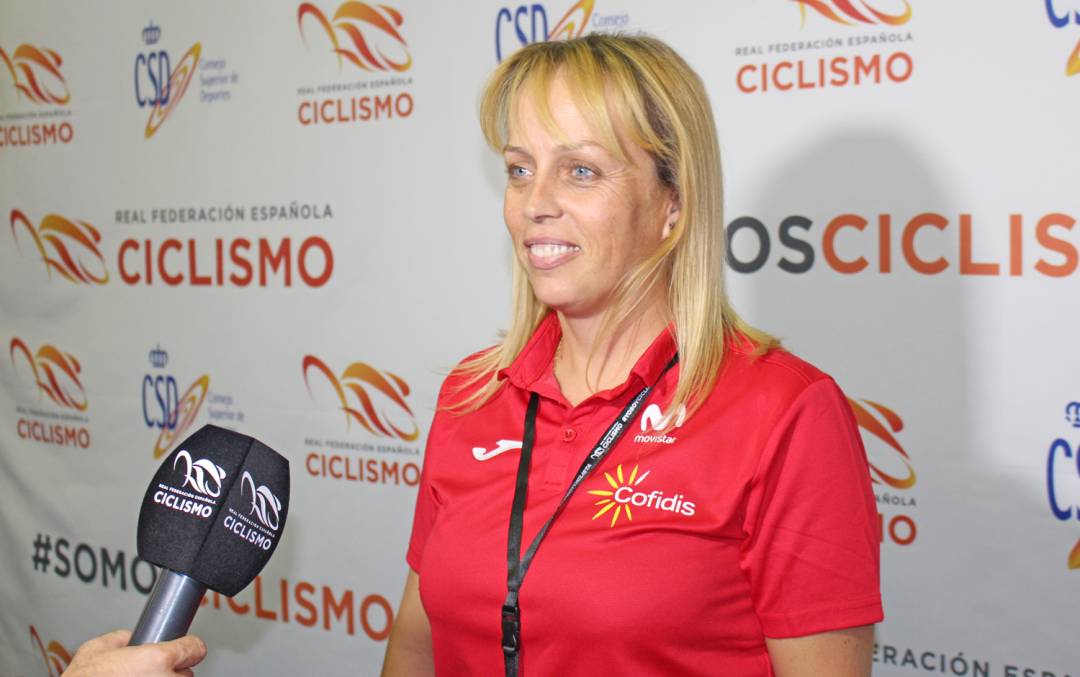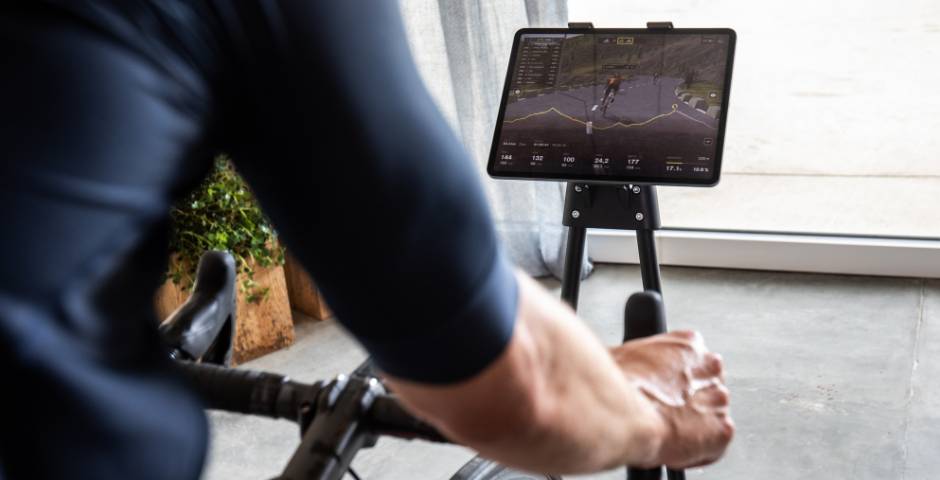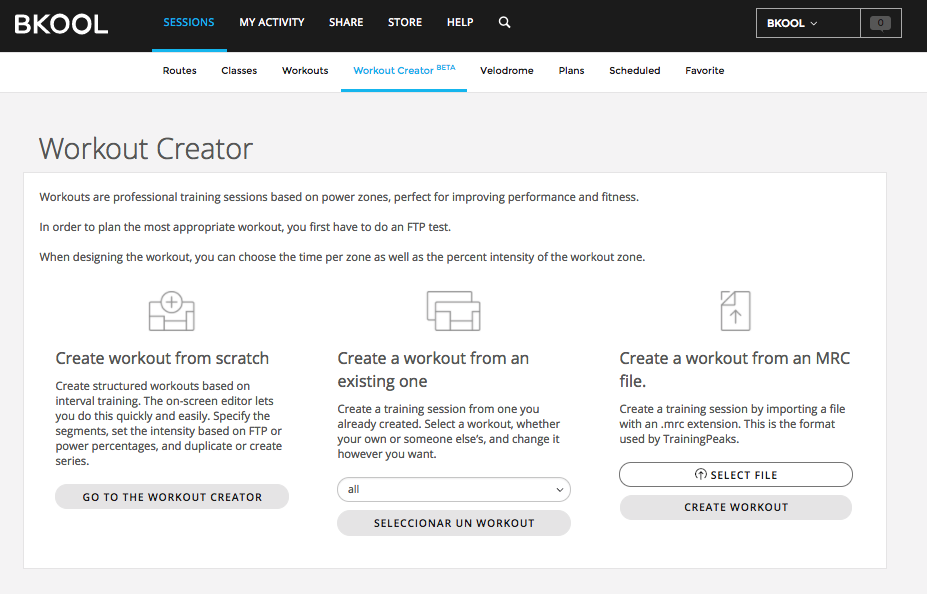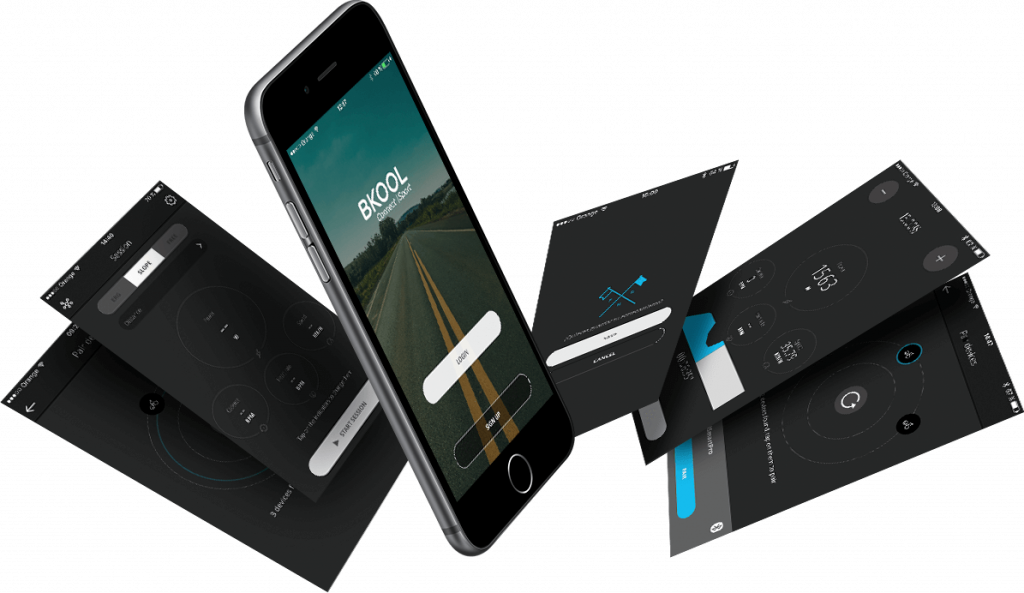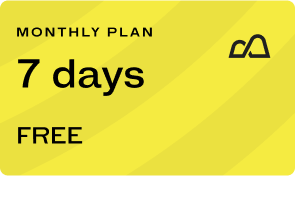Gema Pascual, a women’s cycling professional, is here to explain us the Women in Bike project and to give advice to all those women who want to get started in this sport.
Women on Wheels with ELITE by BKOOL is an event in collaboration with Selle Italia, Kask, Koo, the Royal Spanish Cycling Federation (RFEC) and Gobik. The aim of this competition is to promote and give visibility to women’s cycling in Women’s Month. We are doing to do that through Group Rides and interviews with great figures of women’s cycling such as Gema Pascual.
Gema Pascual is a professional women’s road and track cyclist, winner of a bronze medal at the 2006 World Track Cycling Championships, two medals at the European Omnium Championships, silver in 2007 and bronze in 2005, and at the Athens Olympic Games in 2004 she finished seventh in the points race.
Gema is currently president of the Spanish women’s cycling committee, promoter and leader of Women in Bike, the project with the RFEC to make women’s cycling more visible, and national women’s road cycling coach. As you can see, it is a great honour to have such a high-level professional to take part in this event, which we will be broadcasting on BKOOL’s official Instagram.
Good morning Gema, could you tell us a bit about how you started cycling? Did you have a girlfriend or colleague who also practised this sport? With such a trajectory we imagine it was from a very young age and with a lot of enthusiasm!
Gema Pascual: The truth is that you’re right about that, I started when I was about 5 years old because it was a family hobby. At first I combined it with running and even tennis, but in the end it was cycling what I enjoyed the most. The truth is that when I started I didn’t know any girls who competed. My biggest push always came from watching my brother and cousins compete, that’s what always motivated me and made me want to ride a bike.
Do you think girls have the same opportunities as boys when it comes to taking up cycling?
GP: When it comes to getting started, perhaps I can say yes, because when starting in a sports school we don’t find any difference. It is true that the number of boys continues to predominate, because as we progress, at a physiological and mature level, girls have particular difficulties that are more evident for us than for them when it comes to cycling.
How do you see the current female cyclists on the professional scene?
GP: At the moment we have a great representation and we are very visible, I see Spanish cycling very well in this case. Our riders are achieving great things! I don’t want to be too optimistic but I think our cyclists are doing a wonderful job, we should be proud. For me this is a ladder of opportunities and levels, if we give the opportunity to climb this ladder to our riders we are giving the opportunity not only to a few, but to all national cyclists.
That’s what we have to do, to give a little push so everyone can have the chance. Could you tell us what encouraged you to create the Women in Bike project?
GP: The Women in Bike project didn’t come from me as such, it was something that the federation had been working on and that had already been presented to the Consejo Superior de Deportes. When I arrived at the women’s commission they told me about this project, and obviously, I am fascinated by everything that supports women’s sport and cycling. The proposal to be the coordinator and to participate in this project from the beginning was a wonderful thing for me and still is. But the credit for this project goes to those who were already in the federation before me, such as the director and the women who were part of the team.
What does this project consist of, and can women who are watching us sign up?
GP: The Women in Bike project is a volunteer project of guides and bike routes that aims to promote women’s cycling regardless of the level, our leaders are the guides of these groups. Often the obstacle for some women is starting from zero and we try to help all these women. On the website of the federation you can see routes and meetings close to your locality to do them with other women who are interested, you can even join the routes that we organise with BKOOL. The essence of the project is to bring together women who want to go out in groups and even become leaders gradually, at the moment we have more than 130 volunteer leaders.
And what characteristics are required to become a leader in Women in Bike?
GP: No personal characteristics are necessary as such, you just have to be over 18 and have taken a course offered by ourselves. The course is free and in it we explain the general ideas of the project, we give space for all of us to understand the project as our own and to put our ideas in common. A prerequisite is that you have attended a minimum of 5 group meetings with Women in Bike.
It’s a very interesting project that many of our Bkoolers will be interested in surely! How do you think tools like BKOOL have helped this project? Do you think they are useful to get started in cycling?
GP: I believe that BKOOL is really helpful when it comes to getting started in cycling, it opens up a wide range of possibilities. Having routes for all levels makes it easier for those who are just starting out or who can’t go out to ride. Without going any further, during the period of isolation it has been a life saver for many of us, allowing us to keep in touch by cycling as a community. It’s a way of sharing, with Woman in Bike for example we all get together once a year, with BKOOL we can continue to have a certain closeness and ride together. It’s also very real, it’s like going out on the road.
You say you all meet once a year, how does that work?
GP: Women in Bike is a project of the federation with the support of the Consejo Superior de Deportes, with the sponsorship of Movistar, which gives us a series of incentives. Every year we hold an annual leaders’ day, it is a way of sharing experiences, doing courses and having that closeness as project partners. On the other hand, every quarter the federation offers online courses for the leaders, which deal with cycling, psychology, nutrition or women’s problems in cycling. This way our leaders are kept up to date and trained, because in the end we all have concerns and so we manage to nourish each other.
When is your next meeting?
GP: At the moment we have almost 80 meet-ups in different towns which can be found on our website. Women who want to sign up can see where their nearest meet-up is, what level it is, what type of bike they will be riding, etc. BKOOL is currently holding meetings that you can also join. In the end with BKOOL it can be even closer as you can post comments and follow the meetings on social networks.
Following the live streaming on Youtube is the coolest thing ever. Have any cyclists emerged as a result of these gatherings who have gone on to become professionals?
GP: We have all kinds of situations, from leaders who have started to compete in the women’s masters category, which has started to take off in recent years, to junior riders who have started cycling with this project. In fact, we have a junior rider who has just turned 18 and has become a leader in the project. That’s why I’m telling you, this project is still growing and adapting to give visibility to women who want to get started. For them to go out in a group and to see themselves identified with the Movistar equipment is something that motivates a lot.
Indeed, one of the prizes of this competition is a Women in Bike equipment. What would you recommend to girls who want to get started?
GP: The main advice I would give is to find a team, such as Women in Bike. Because when you start cycling it’s important to have that support, sometimes going out alone on the road or in the mountains can be challenging. It is very important to ride in a community, at the end of the day we are looking forward to going out with other people. That’s why I think it’s so important to be visible, to have our own space and to be able to enjoy cycling.
As you said, it doesn’t have to be road cycling, there are plenty of disciplines.
GP: Exactly, it can be mountain cycling, road cycling, indoor cycling… Nowadays I think virtual cycling can’t be left aside because it’s going to be the top in the near future. The confinement has made it more visible and has opened the window to consider it as its own modality.
And for example, what element would you recommend to someone who is just starting out?
GP: For me the most important things are the bike and the equipment on a 50/50 balance. For women a good pair of bib shorts is a must if we want to be comfortable. It’s true that we need a decent bike with which we can enjoy this beautiful sport. It’s not the same feeling that you get with a good bike as with a bike that we may have had in the storage room for years, if you have a bad experience on the first day you end up losing your enthusiasm for the sport. You need equipment that is in good shape and that guarantees you a certain level of safety and comfort when cycling.
We hear from our followers that the base needs support, do you think there is support and encouragement for girls to enter schools right now?
GP: The encouragement in schools and lower categories corresponds to the autonomous communities, each community has particular conditions that differentiate them from the other ones. Right now what is needed is to promote women’s sport and the federation collaborates with the communities with support and advice to promote this. All sports have difficulties and there is never enough, so we have to make a global effort not to lose capacity and information.
What do you think will be the next big surprise in the women’s category?
GP: With the issue of confinement, you have to be aware that this has benefited some and disadvantaged others, it’s a difficult year for everyone. They will probably surprise us in the future, so naming names could mean forgetting some riders. This is true at all levels, in the lower categories as well as in the professional categories, we have riders of all kinds and a very important evolution in this area. In the end we see riders who have done well and others who have had difficulties, this has no more or less merit. It has been a complicated year that has taken its toll on all of us in some way.
How do you see this year’s trials taking place, do you think the situation will improve this year?
GP: Having to organise the races so close to each other like last year was a disadvantage both for the riders and the organisers, who had no time to put their races in. This year has started a little better but the lower categories are the most affected. Let’s see if this year we can make sure that the lower categories can enjoy this sport, which is what we love. Fortunately we also have virtual cycling to be able to continue training, at any time, at your own pace and with other people.
Thanks for joining us Gema, see you at the next Women in Bike meeting at BKOOL!
GP: Thank you very much for having me and helping me to give visibility to women’s cycling. See you at the Women in Bike meeting in April, I had to miss the last one due to a sprained ankle and now I’m looking forward to it with double the enthusiasm.
BKOOL is the most complete cycling simulator on the market, try it FREE for 7 days!
 Go to BKOOL
Go to BKOOL
